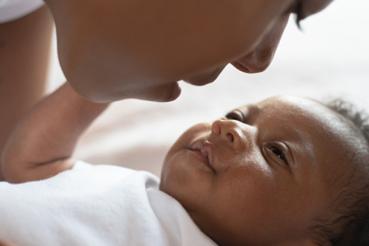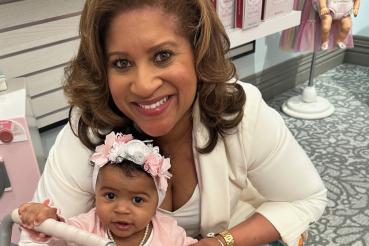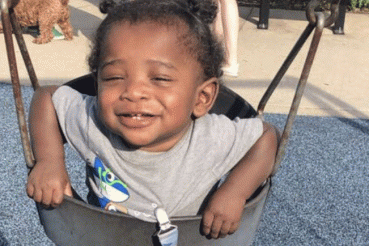Q: I have just become pregnant, what should I be looking out for in my diet? Are there foods I should avoid or eat more often?
A: Diet is very important while you're pregnant. It's also important for any woman who's trying to get pregnant, both to increase her fertility and to ensure she had adequate levels of some essential nutrients in the very early weeks of pregnancy.
At this time a woman may not even know she is pregnant but meanwhile the vital organs of her baby are forming and can be affected by deficiencies.
Most women will get most of the minerals and vitamins they need from their diet, as long as it's balanced and healthy. Pregnant women need about 300 extra calories a day. Those calories should come from nutritious foods so they can contribute to the healthy development of the baby. These extra calories shouldn't be empty ones. You require more of the essential nutrients than you did before you became pregnant.
Some of these nutrients include the following:
Folic Acid — Extra folic acid can help to prevent conditions such as spina bifida. You can get it from green leafy vegetables and cereals that are fortified with folic acid. Supplements are also recommended. These should be taken before pregnancy starts and continue through the whole pregnancy.
Iron — About one in 10 women are deficient in iron during their pregnancy. This can leave them tired and short of breath but is not likely to be a great risk to the baby. Pregnant women should ensure they get plenty of iron in their diet, including green leafy vegetables, lean red meat, dried fruit and nuts. Iron supplements are sometimes needed during the pregnancy if you become anemic.
Calcium — A growing baby needs a considerable amount of calcium to develop. If you do not consume enough calcium to sustain the needs of your developing baby, your body will take calcium from your bones, decreasing your bone mass and putting you at risk for osteoporosis.
In addition to what you should eat, it is also important to know what foods to avoid during your pregnancy. Some foods are associated with certain risks. The following foods could potentially be harmful:
Alcohol — Do not consume alcohol during pregnancy. Alcohol has been linked to premature delivery, mental retardation, birth defects and low birth weight.
Caffeine — Limit caffeine to less than 300 milligrams a day. An eight ounce cup of coffee has about 150 mg of caffeine on average and a 12-ounce glass of caffeinated soda contains anywhere from 30 to 60 milligrams of caffeine. Tea, cocoa and chocolate also contain caffeine.
Artificial sweeteners — Saccharin, aspartame and Splenda are strongly discouraged during pregnancy because they can cross the placenta and may remain in fetal tissues.
Eggs — Be certain to fully cook eggs to reduce the risk of salmonella food poisoning.
Cheese — Avoid soft cheeses like feta, blue-veined, Brie, Camembert, and Mexican cheese. These cheeses are often unpasteurized and may cause listeria. Yogurt, hard cheese, processed cheese, cream cheese and cottage cheese are safe to consume.
Seafood — Limit your seafood intake to only one serving per week per the guidelines of the National Institutes of Health and the American College of Obstetricians and Gynecologists. The concern with seafood is the potential for mercury poisoning hile can lead to mental retardation.
Nearly two-thirds of all women get food cravings during their pregnancies. If you develop an urge for a certain food, indulge your craving as long as it provides an essential nutrient. The important thing is that you are getting the nutrients you need and creating a balance with your daily menu. Your physician can help guide you to an eating plan that will work for you during your pregnancy.



